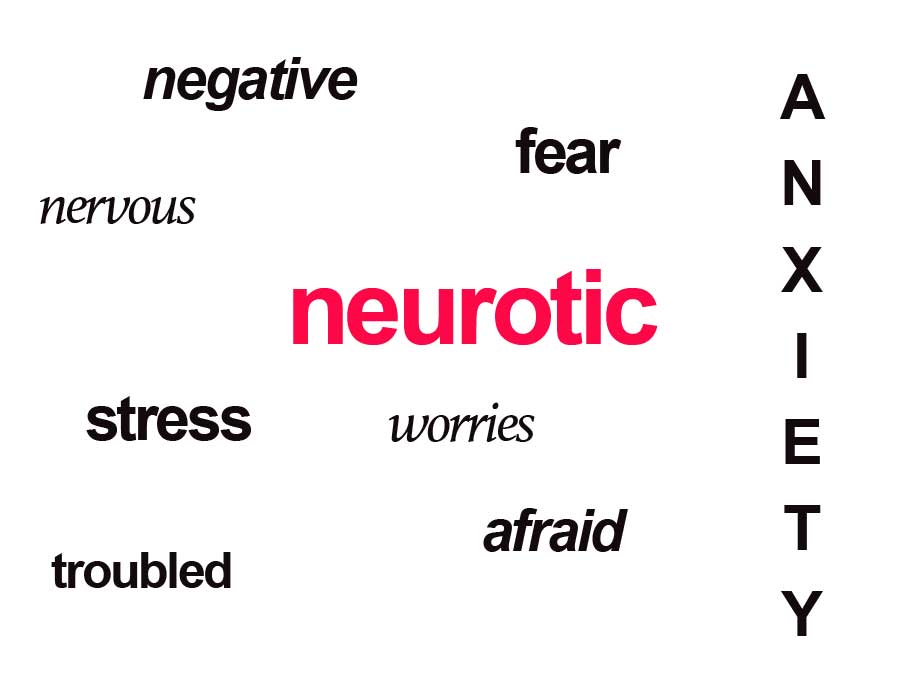by Stephanie Chambers
I remember the times when I have asked myself “Am I being neurotic”. Times like when I clicked to lock all the doors when I was inside my car in Chicago. My answer to myself in this case to this question was “No”. You are just being careful and wise given the fact that it is dark, and I am alone in my car in a section of Chicago where people get mugged often. You can never be too careful in this situation.
In the true sense of the word, when you ask yourself if you are being neurotic, you are asking “am I being subject to neurosis” – a state where my mental, emotional, or physical reactions are far above what is needed and thus, I am behaving in an irrational manner.
Neurosis is no longer a classified mental disorder. It was removed from the DSM – the diagnostic manual used by psychiatrists and counselors to classify people’s mental disorders in 1980. It is now just considered a symptom of anxiety disorders.
So how can you decide if you are being neurotic? It is a matter of how extreme your thoughts or behaviors are. For example, it is normal to want to get to an airport early before a flight. But if you get there 4 hours ahead of time – double the recommended 2 hours and then keep checking the board to make sure the flight is on time every 15 minutes, it could be considered neurotic.
It is possible to have what is known as a “neurotic personality”. This means you often see situations as far worse than they really are and then blame yourself for your extreme pessimism and negativity.
Technically being “neurotic” doesn’t mean you are having delusions or hallucinations or that you have lost touch with reality. Rather, you are obsessing over things – real or imagined.
What can you do if you think you really are being neurotic?
Reducing your stress levels can help you to have less neurotic thoughts and behaviors. These steps can help:
- Exercise regularly – 30 minutes day ideally – but even a short 15 minute walk can help you to clear your head and get a better perspective
- Get enough sleep and good quality sleep – most people need at least 8 hours of sleep. The quality of your sleep can be reduced if eat too close to when you sleep, if you drink alcohol before bed or spend time on screens as their blue light reduces melatonin.
- Use stress reducing techniques – like Transcendental Meditation.
- Journaling – writing down your problem and just free-writing can help you gain a better perspective and feel more relaxed about an issue.
- Talking to a counselor can also help.

